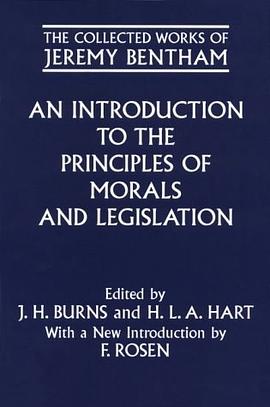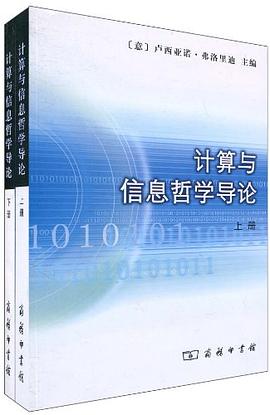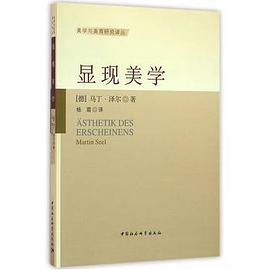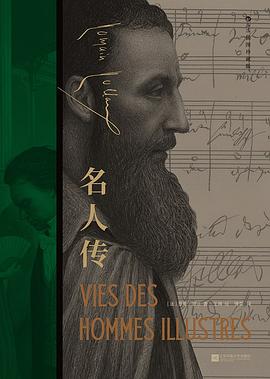An Introduction to the Principles of Morals and Legislation (Bentham, Jeremy, Works.)
内容简介
The new critical edition of the works and correspondence of Jeremy Bentham (1748-1832) is being prepared and published under the supervision of the Bentham Committee of University College London. In spite of his importance as jurist, philosopher, and social scientist, and leader of the Utilitarian reformers, the only previous edition of his works was a poorly edited and incomplete one brought out within a decade or so of his death. Eight volumes of the new Collected Works, five of correspondence, and three of writings on jurisprudence, appeared between 1968 and 1981, published by the Athlone Press. Further volumes in the series since then are published by Oxford University Press. The overall plan and principles of the edition are set out in the General Preface to The Correspondence of Jeremy Bentham, vol. 1, which was the first volume of the Collected Works to be published. An Introduction to the Principles of Morals and Legislation, Jeremy Bentham's best-known work, is a classic text in modern philosophy and jurisprudence. First published in 1789, it contains the important statement of the foundations of utilitarian philosophy and a pioneering study of crime and punishment, both of which remain at the heart of contemporary debates in moral and political philosophy, economics, and legal theory. Printed here in full is the definitive edition, edited by the distinguished scholars J. H. Burns and H. L. A. Hart. An introductory essay by Hart, first published in 1982 and a widely acknowledged classic in its own right, is reprinted here. It contains an important analysis of Bentham's principle of utility, theory of action, and an account of the relationship between law and morality. A new introduction by the leading Bentham scholar F. Rosen, specially written for this Clarendon Paperback edition, provides students with a helpful survey of Bentham's main ideas and an extensive bibliographical study of recent critical work on Bentham. Professor Rosen's essay also contains a new analysis of the principle of utility in Bentham's philosophy which is compared with its use in Hume and J. S. Mill.
......(更多)
作者简介
......(更多)
目录
......(更多)
读书文摘
强烈经久确定,迅速丰裕纯粹,无论大苦大乐,总有此番特征。倘若图谋私利,便应追求此乐; 倘若旨在公益,泽广即是美德。凡被视为苦者,避之竭尽全力;要是苦必降临,须防殃及众人。
共同体是个虚构体,由那些被认为可以说构成其成员的个人组成。那么,共同体的利益是什么呢——是组成共同体的若干成员的利益之总和
......(更多)






